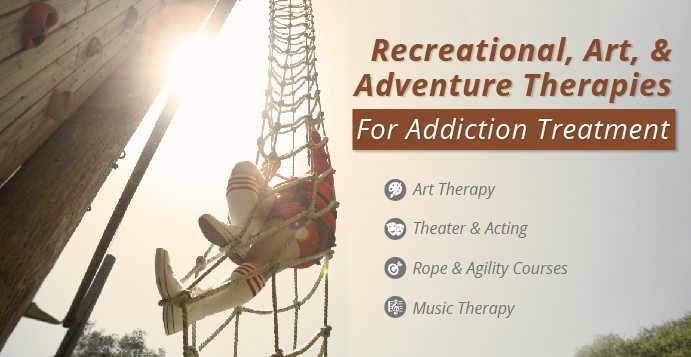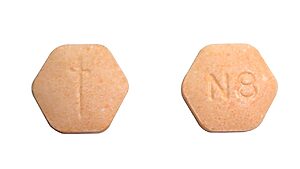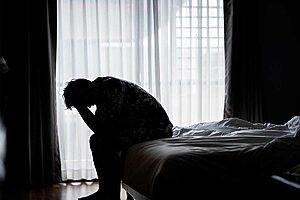What Is a Recreational Program?
Recreational programs are designed to help a person restore the normal functioning of their life after suffering from a debilitation condition, such as a mental health disorder or drug addiction. Basically, it works hand-in-hand in a variety of therapies that are designed to help a person:
- Restore motor skills
- Re-learn socialization
- Increase their level of functioning
- Increase personal independence
- Boost physical and mental health
Art and adventure activities are two methods that are often utilized in recreational programs. However, a specific program will be chosen by the person who is suffering from addiction and will be guided by a trained counselor. In this way, they can regain many of the skills they lost during their addiction and learn new addiction coping skills.
How Do I Choose A Specific Treatment Type?
Recreational, art, and adventure activities should tap into a possessed skill set and capture the imagination. They should also require careful physical movements, including fine motor skills. The types of programming used in recreational, art, and adventure activities include:
- Painting
- Arts and crafts
- Music
- Dancing
- Acting
- Personal and team sports
- Rope courses
- Fitness centers
- Meditation
- Yoga
When you participate in these activities, you choose one or two of them and perform them daily. Slowly, but surely, you may find yourself becoming more confident in yourself, enjoying life, and even learning abilities you never imagined you’d possess. And you’ll also find that your desire to use drugs will greatly decrease. You’ll have gone through detoxification prior to your program and will also no longer feel the psychological need to use drugs. Recreational, art, and adventure activities may help heal the body while creating hope and replacing the despair that drives addiction.
What Is Art Therapy Like?
Art therapy is the use of creative expression to explore psychological undercurrents. While not a proven treatment method, art activities may be a part of a comprehensive approach to substance use treatment. It may help you learn to identify key themes in your artwork and utilize them to identify concerns or problems that may be bothering you. Typical art forms utilized include:
- Drawing
- Painting
- Computer artwork
- Animation
- Video work
- Sculpting
- Woodwork
- Building
- Cement work
Examining your artwork can be exhilarating and emotionally draining. For example, let’s say you paint a picture of a young woman falling off of a cliff. You didn’t consciously choose the image, but found yourself emotionally drawn to it. After you finish, you may realize that you are the girl falling off the cliff and that the fall represents the damage caused by your addiction. Insights like this can help you understand the depths of your emotional turmoil and develop coping strategies that will guide you to a life free of these problems and create a renewed sense of dedication to your rehabilitation and recovery.
What Kind Of Adventures Will I Go On?
Adventure activities are typically outdoor-based experiences that pulls you out of your comfort zone and challenges you to grow and mature. People undergoing adventure activities often feel trapped in their addiction and as if they can find no way out. Adding a little adventure to their lives helps expand their horizons and expectations. Typical adventure activities include:
- Hiking
- Fishing
- Camping
- Group survival activities
- Zip lining
Exploring the world in this way is designed to activate your sense of adventure and the joy of life. Being immersed in nature and breathing in fresh air will clear your mind and challenge your body and give you the focus and strength of character you need to beat your addiction for good. [middle-callout]
Are These Treatments Effective?
Recreational, art, and adventure activities are not evidence-based treatment methods for substance use, but they can be used to supplement residential addiction treatment and target addiction in multiple ways. They may help you work through the psychological process involved in rehabilitation in a comfortable and healthy way. Second, they might help you relearn crucial skills and abilities you lost during your addiction. They target aspects, such as fine motor skills, that are often ignored in other rehabilitation methods. They combine that with traditional methods, such as detoxification and counseling, in a bold new way. Last, but not least, they help provide a distraction. If you are focusing on activities like painting, basketball, or mountain climbing, your mind may be distracted from withdrawal symptoms and cravings.













